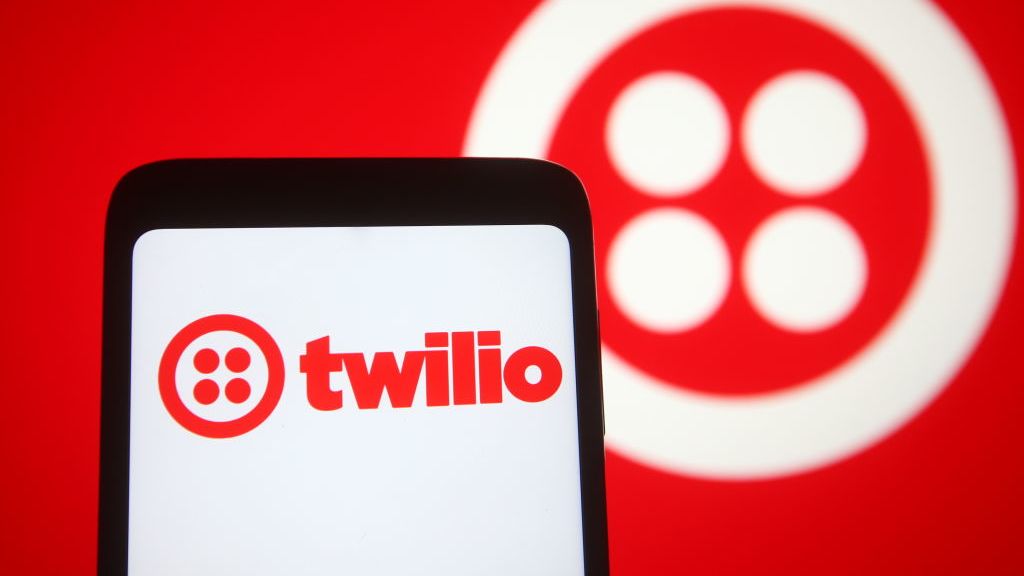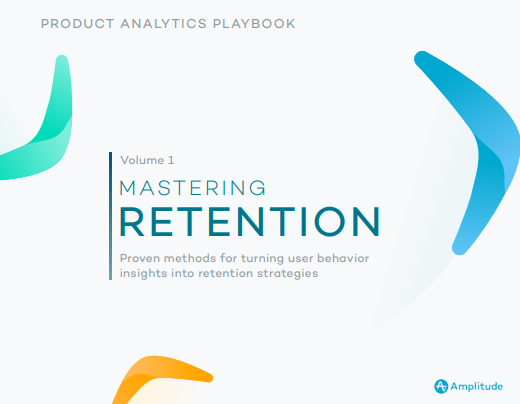Oracle rules out grab for Salesforce - who's left?
We assess which cloud players might be behind a takeover bid for the CRM specialist

Oracle has ruled itself out of the running to buy SalesForce, as its SaaS competitor reportedly prepares for an acquisition bid.
CRM specialist Salesorce has hired bankers to examine potential takeover offers, Bloomberg reported yesterday, after learning a company has made an approach.
Initial speculation suggested Oracle was most likely to want to buy out its rival, with CEO Larry Ellison an early investor in the cloud firm.
However, co-CEO of the database giant, Safra Catz, now appears to have killed off any talk of a buy-out, telling SFGate Oracle would prefer for another company to snap up Salesforce.
She said: “As a rule, we never comment on these kind of things, even if it’s an absolute no.
“But if Salesforce is acquired by someone else, it’s probably good for us, at least in the short term, because it would cause a lot of disruption in the market. And disruption is always a good opportunity [for us].”
FBR analyst Daniel Ives had written a note to investors claiming Oracle was well-placed to make an offer for the $45 billion-valued firm, not least because former executive Marc Benioff, Salesforce's founder, would be brought back into the fold.
Sign up today and you will receive a free copy of our Future Focus 2025 report - the leading guidance on AI, cybersecurity and other IT challenges as per 700+ senior executives
Oracle wants to house 95 per cent of its products in the cloud by October this year, and CEO Larry Ellison has stated he expects new cloud subscriptions to rake in more than $1 billion over 2015, roughly the same growth as Salesforce expects.
But others have since dismissed the move, pointing out that both companies' products overlap significantly.
Despite this, founder analyst house Quocirca, Clive Longbottom, tells IT Pro that Salesforce's software is stronger than Oracle's offerings.
“Oracle could look at Salesforce for its proven SaaS capabilities, which Oracle has not been able to manage itself,” he says, but flags one major obstacle in the path of a mooted takeover.
“As with the possibility of SAP, it would probably be frowned on by the authorities as anti-competitive.”
Following the initial report, Cloud Pro approached both Oracle and Salesforce for comment.
Oracle offered no comment, while Stacey Torman, senior director of EMEA communications at the cloud giant, said: "Salesforce doesn't comment on rumours or speculation."
Whether or not Oracle really is out of the running, there are plenty of other companies who could benefit from buying SalesForce.
SAP
One is SAP, the German software giant pushing to grow its cloud division rapidly - its latest financials show cloud growth jumped 129 per cent year-on-year to hit $503 million in its most recent quarter.
However, as Longbottom highlights, it could face anti-competition charges if it tries to launch a take over - Gartner put SAP's CRM market share at 13 per cent in 2013, just three per cent behind market leader Salesforce.
Moreover, SAP has denied any move for its rival, and CEO Bill McDermott said in February the company is done making acquisitions for the foreseeable future.
Microsoft
Chairman of analyst group TechMarketView, Richard Holway, believes an expensive takeover rules out all but a couple of companies, one being Microsoft.
“They and IBM are possibly the only suitors with pockets deep enough for a $60 billion purchase,” he says. “Although whether that is a wise price is yet another matter.”
While Redmond has its own CRM cloud product in Dynamics, Quocirca's Longbottom suggests it has struggled to sell it to as many customers as some of its rivals have sold theirs to.
But he adds: “The thought of porting SF onto Azure [Microsoft's cloud] should be enough to get any self-respecting person to run to the hills.”
It's a major drawback, but not enough to rule out Redmond, according to others.
Writing in SmarterAnalyst, expert Marty Chilberg points to the fact Microsoft and Salesforce have an existing partnership.
It's one that has given rise to joint solutions like SalesForce1 for Windows, Salesforce for Office, and Power BI for Office 365.
“The companies work closely together already and it would clearly set them apart as THE cloud play,” Chilberg says.
“More compelling would be the amount of synergies that Microsoft could see. They have a vibrant cloud presence already. If Microsoft were to absorb this company, they could increase the earnings spun off of the existing revenue stream by $1.00 per share.”
IBM
In contrast, Chilberg dismisses IBM and Oracle takeovers of Salesforce as unlikely.
“Both IBM and Oracle would have far more dilution and much less synergy should they decide to pursue it,” he claims.
Any acquisition by the former PC maker would have to be funded by a mix of cash and shares, adds Longbottom.
There's the added factor of SugarCRM, whose software already runs on SoftLayer, IBM's cloud, he explains, making the smaller company a better - and more affordable - fit.
One possible dark horse could be Google, which is making a push into cloud enterprise services.
Rumours abound that the search giant is set to offer its Google for Work solution to the US Department of Defense, but the company lacks the enterprise experience to give it a reputation to rival others on this list.
That's one reason why SalesForce would make a good purchase for the company.
Credit Suisse analyst, Philip Winslow, says: “Salesforce.com would not only provide Google with a large sales force but also a large installed base of enterprise applications.”
Longbottom adds that the acquisition would bolster Google's business play, but the challenge of running it all on its own cloud platform would prove a barrier.
The problem of porting
This is more than a minor snag, however. In fact, Longbottom cites it as the major obstacle to any purchase of SalesForce at all.
“Salesforce runs on its own platform - for any other company to acquire it for anything other than carrying on running it as it is requires it to be ported to another platform,” he explains.
“This would have a major impact on existing customers as attempts are made to switch them over.”
Instead, he speculated that the entire news could be a ploy to raise Salesforce's share value - its stock rose a peak 11 per cent following Bloomberg's report.
In an interesting twist, this would better position SalesForce to buy a company itself.
“[It could be] a means of driving up the share price to make an acquisition by Salesforce more affordable,” suggests Longbottom. “Someone like a Workday to provide better capabilities to compete against SAP's growing portfolio?”
-
 Businesses aren't laying off staff because of AI
Businesses aren't laying off staff because of AINews It's sexier to say AI caused redundancies than it is to admit the economy is bad or overhiring has happened
-
 A Lenovo partnership may be the only thing FIFA gets right for the World Cup, going by CES 2026
A Lenovo partnership may be the only thing FIFA gets right for the World Cup, going by CES 2026Opinion A sprawling Las Vegas conference impressively condensed in the Sphere, and a gentle handling of Infantino is a credit to Lenovo
-
 Why you should invest in your CRM system
Why you should invest in your CRM systemSponsored A unified and better integrated service can boost efficiency, digital transformation and customer experience
-
 How to boost ROI from your CRM system
How to boost ROI from your CRM systemSponsored To deliver the results you want, you need to understand the full capabilities of your CRM system
-
 Twilio tackles 'crucial' customer retention with trio of platform upgrades
Twilio tackles 'crucial' customer retention with trio of platform upgradesNews The company believes that retaining customers and maximising LTV is crucial in weathering the current macroeconomic headwinds
-
 Mastering retention
Mastering retentionWhitepaper Turning user behaviour insights into retention strategies
-
 How customer relationship management (CRM) can help your business
How customer relationship management (CRM) can help your businessIn-depth Are you still keeping customer details in a simple database or spreadsheet? There are several benefits of adopting an integrated CRM system
-
 Microsoft announces Teams chat integration for Dynamics 365
Microsoft announces Teams chat integration for Dynamics 365News The integration offers features to streamline collaboration between teams while aiming to enable the faster closing of sales
-
 1.2m businesses now eligible for UK gov's software discounts
1.2m businesses now eligible for UK gov's software discountsNews Help to Grow: Digital scheme offers up to £5,000 off selected CRM and e-commerce software
-
 Trust is vital to the future of customer experience
Trust is vital to the future of customer experienceSponsored As third-party cookies enter their twilight, more trustworthy systems are essential to deliver the kind of digital relationships companies and customers need